
Business & Economics
Competition isn’t improving the aged care sector
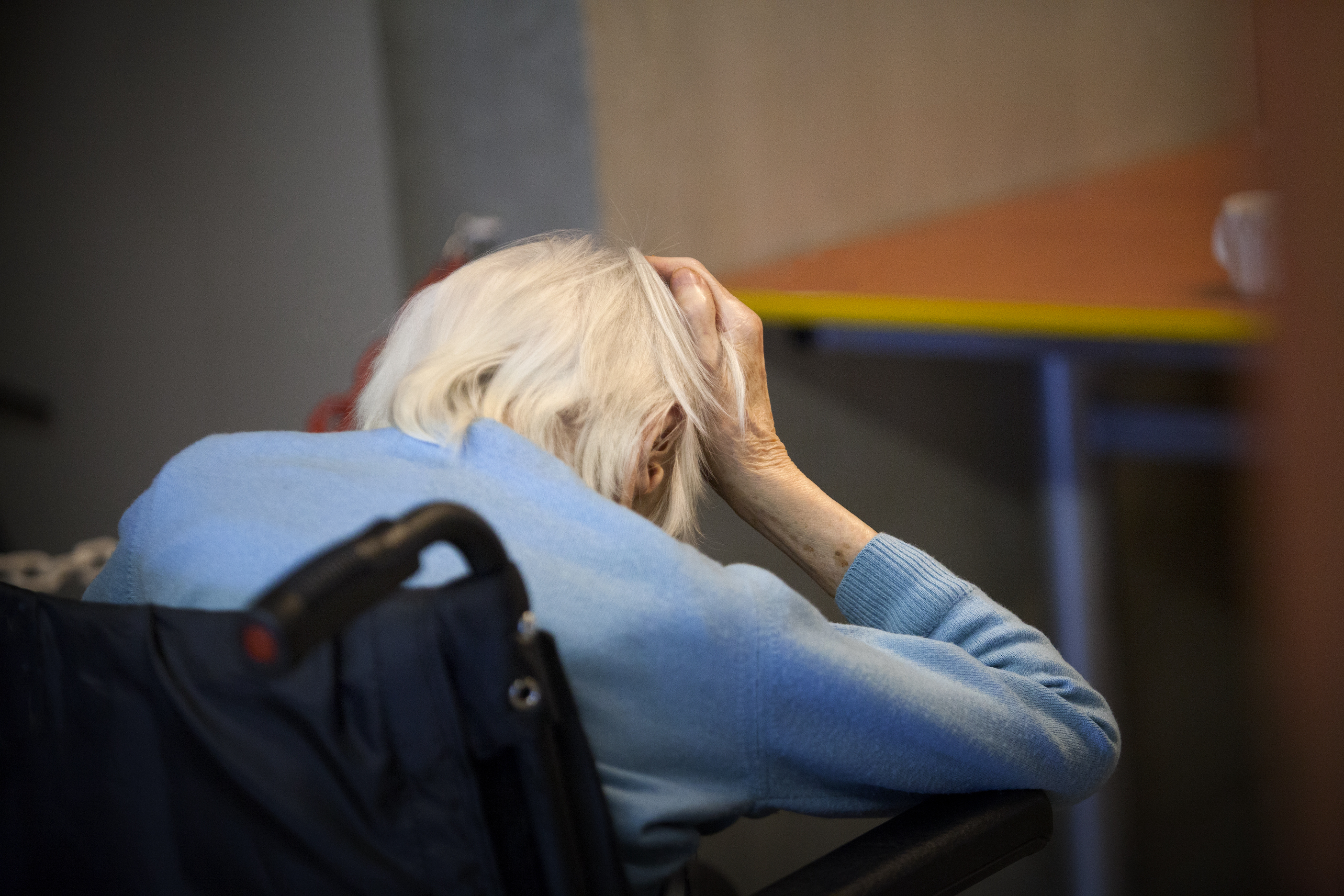
A record funding commitment has been made to fix an aged care system that’s failing older Australians, but how far does the new Budget go?
Published 14 May 2021
Australia’s Federal Budget commitment to aged care matters, not only to the 1.3 million older Australians currently receiving support, but to all of us.
For the generations approaching retirement, this is their future.
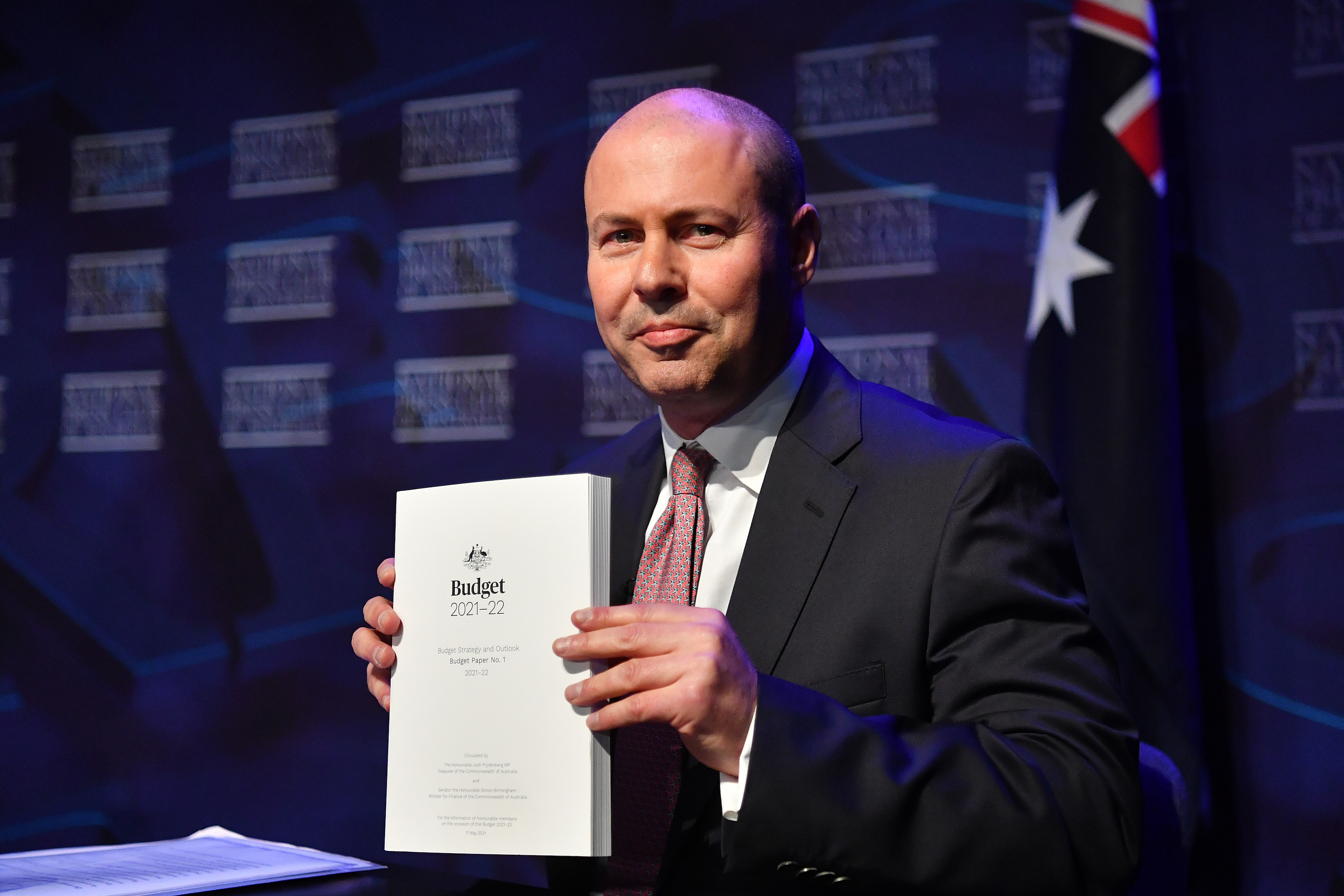
Many working-age Australians are also involved in caring for older family members, or in delivering professional care. As the funding for aged care services comes from the general tax base, all Australians are invested.
The Morrison government has a once-in-a-generation opportunity to address the crisis in the aged care sector. With an election in sight, it has announced a record $A17.7 billion additional investment in aged care over the next five years.
Given the effects of COVID-19, along with the subsequently increased support needs of other struggling sectors, and the resulting record budget deficit, it is important to acknowledge this notable commitment to increased support for aged care.

Business & Economics
Competition isn’t improving the aged care sector
Unfortunately, as we are building from chronic under-investment in the sector, the budget commitment falls well short of the required funding outlined by the Aged Care Royal Commission of $A10 billion per year and the recommendations of the Australian public policy think tank, Grattan Institute of $A7 billion per year – with the government only committing on average $A3.54 billion extra each year.
Compared with other OECD countries, Australia is lagging significantly on funding aged care.
In fact, to date it spends only 1.2 per cent of its gross domestic product (GDP) – which is less than half of the OECD average of 2.5 per cent. The graph below shows Australia is one of the lowest spending countries in the OECD.
Australia has a world-leading health care system, and our goal should also be to provide a world-leading aged care system.
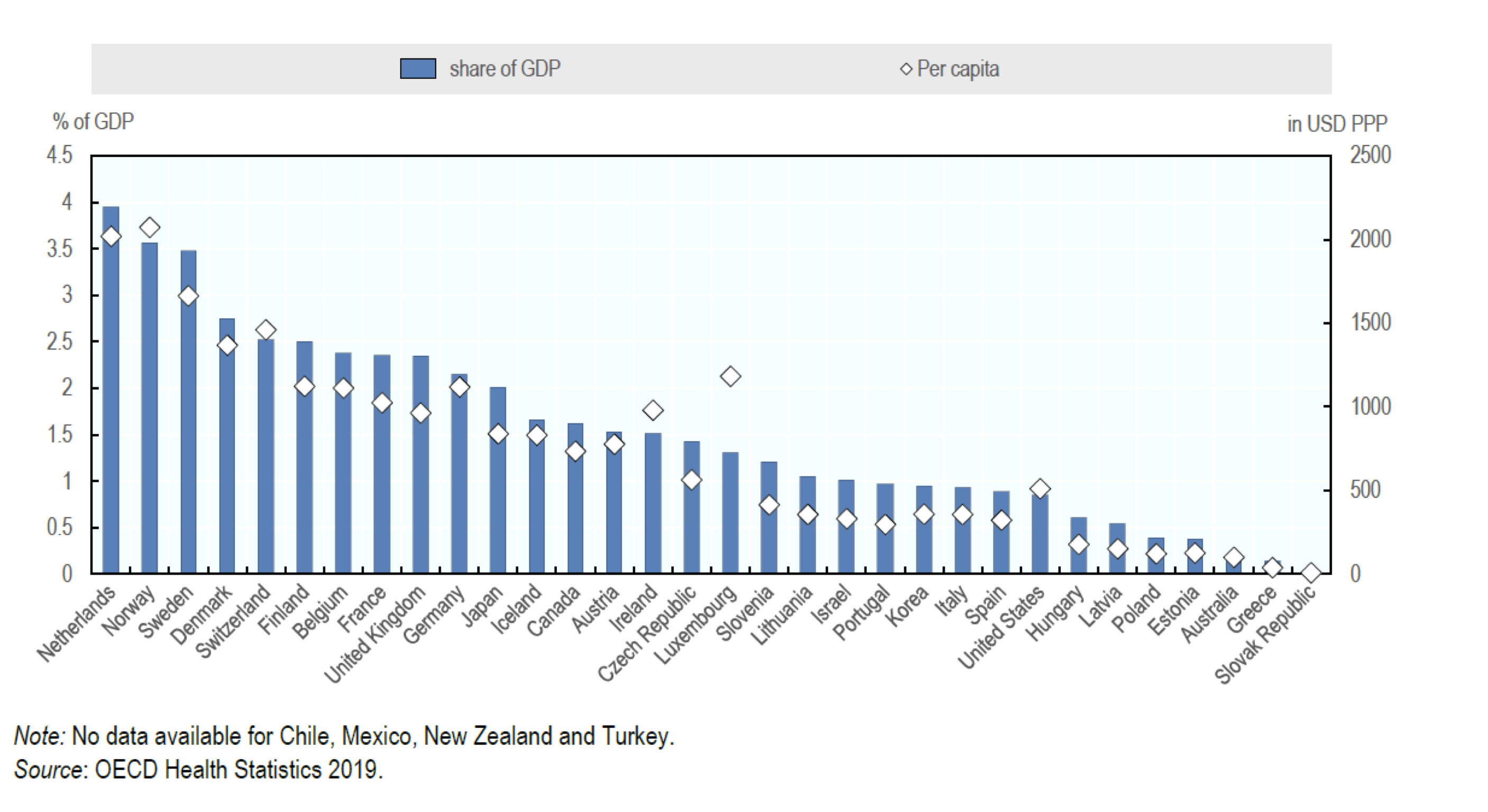
A major recommendation of Australia’s Aged Care Commission was stronger, independent governance of the aged care system. Key to this was either a Health Department reform or the formation of an independent Aged Care Commission.
However, the government has not followed the commissioners’ recommendations for either of these, but has created a new Inspector General role, a National Advisory Council, and a Council of Elders.

Politics & Society
COVID-19, age discrimination and aged care
These measures appear to fall short of the major reform required.
Minister Greg Hunt’s statement refers to “systemic improvements”, “improved access” that is “well-equipped to safeguard… aged care services”.
But it remains unclear how autonomous or influential these new advisory and governance structures will be, or how effectively they will address the many serious issues raised by the Royal Commission.
A critical foundation for an improved aged care system is new legislation.
We applaud the announcement of a new Aged Care Act due to be legislated by mid-2023, focusing on consumer rights and provider responsibilities. In enacting this legislation, Australia will demonstrate its collective commitment to the protection of the most vulnerable by upholding our strong societal values.
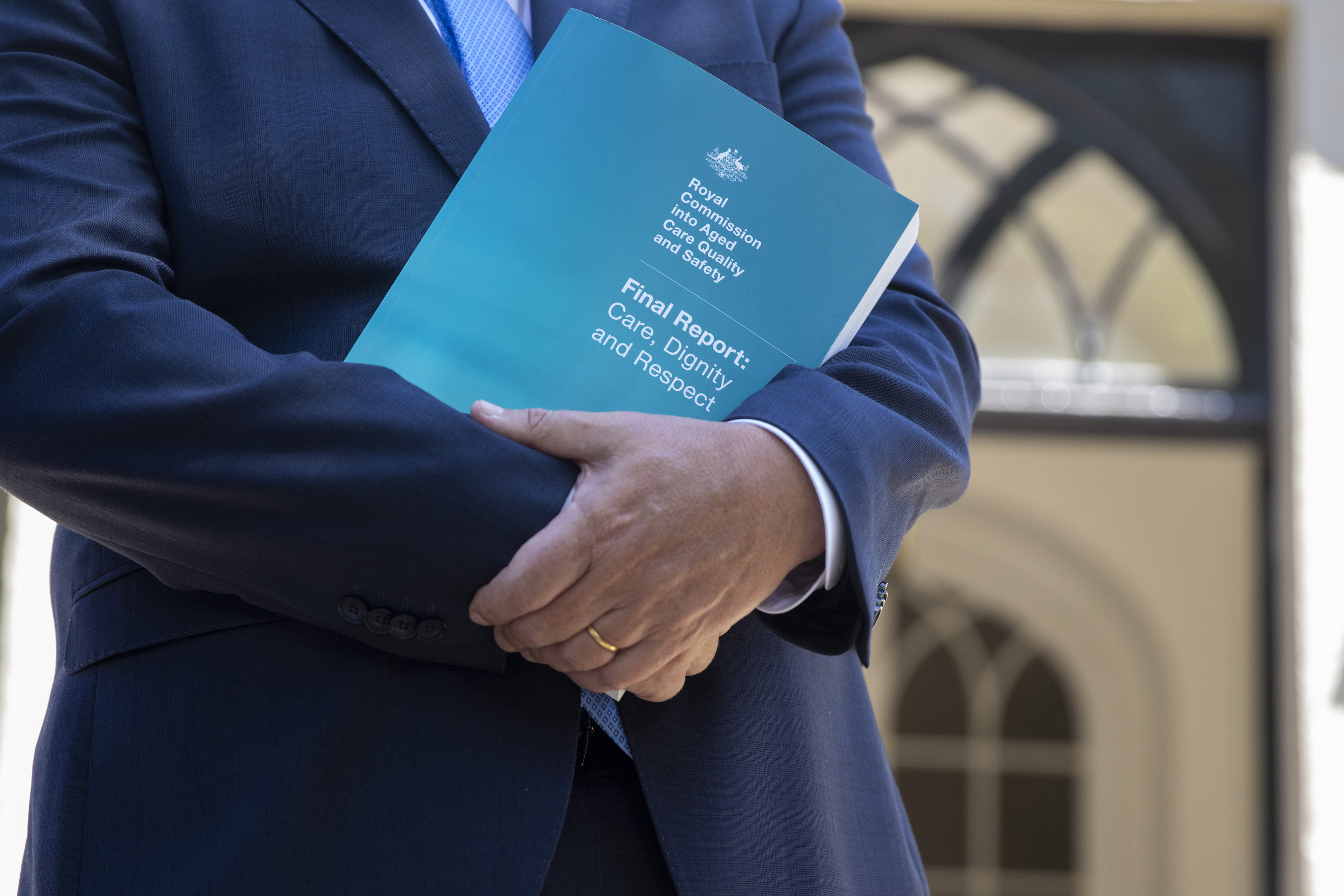
The COVID-19 pandemic has acutely highlighted the divide between Commonwealth and State governments in the provision of aged care.
Older Australians have paid the price of this divide in terms of loss of life and isolation during lockdowns. A cornerstone of any proposed aged care system improvements must be greater bipartisan cooperation between Commonwealth and State governments.
A critical focus of the reform of the aged care sector must be investment in the workforce.

Health & Medicine
Caring for India’s elderly during COVID-19
The government aims to address the workforce shortage with funding to upskill the existing workforce, including 33,800 vocational training places, bonuses for registered nurses remaining with the same employer for at least a year, an extension of the national recruitment campaign, and the creation of a single assessment workforce to improve and simplify the assessment experience for older Australians.
While these measures are significant, there remain substantial shortfalls in workforce investment.
The budget target of only 13,000 new workers in the sector falls well short of the 70,000 called for in a recent Grattan Institute report. More meaningful increases in the aged care workforce would not only help reduce unemployment but would also stimulate the economy, particularly as many in the sector work part time.
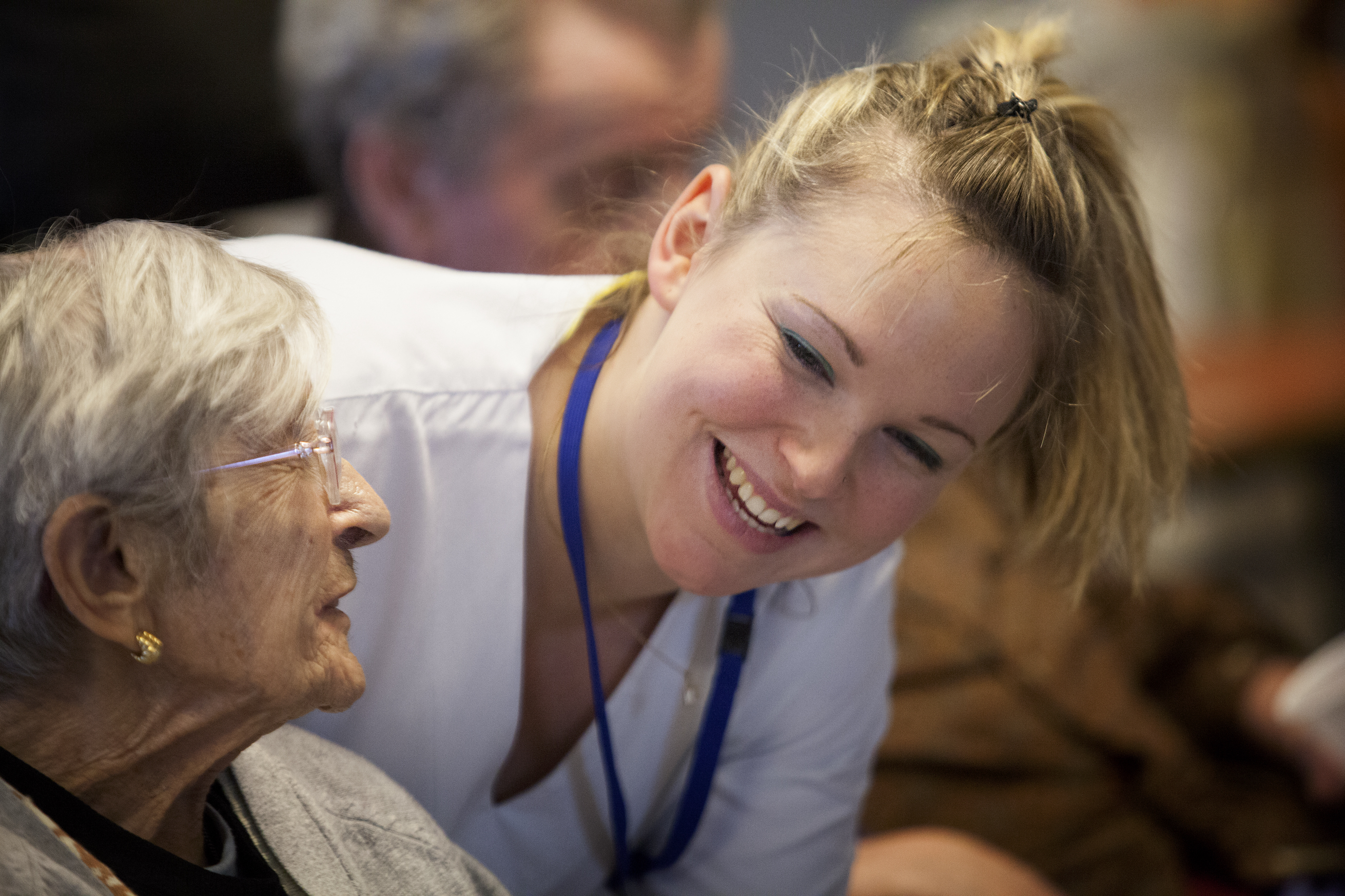
Alarmingly, even the relatively modest workforce targets laid out in the budget will be hard to achieve.
COVID-19-related border closures which will extend beyond 2021, coupled with a worrying exodus of aged care workers from the sector pose real and significant challenges. Stemming this tide will not be easy as a result of longstanding poor working conditions and the ageing of the workforce.
The education sector has a key role to play in shaping future aged care delivery through training skilled workers and clinicians.

Health & Medicine
Transforming the aged care crisis
Universities train skilled nurses, doctors, and allied health professionals whose service is the foundation of aged care. Despite being seriously affected by the sustained loss of international students due to COVID-19, Australian Universities have received no targeted Commonwealth support in the current budget to address the increased need in training the future aged care workforce.
Building and supporting a larger and more skilled aged care workforce requires the education and aged care sectors work hand-in-hand.
There is a diverse multidisciplinary network of clinicians, researchers, and teachers working in the aged care sector who would welcome meaningful collaboration with government to build and nurture a high-quality, safe aged care system supported by well-trained professionals for older Australians.
This budget is a promising step in the right direction, but more is needed to achieve the high standard of aged care Australia has the capacity to provide, and older Australians deserve.
The authors are all members of the Melbourne Academic Centre for Health (MACH) Care of the Ageing network. MACH is a National Health and Medical Research Council (NHMRC) recognised Advanced Health Research and Translation Centre (AHRTC) comprising healthcare providers, research institutes and universities, focused on research and translation to enhance patient outcomes across the health sector.
Banner: Getty Images